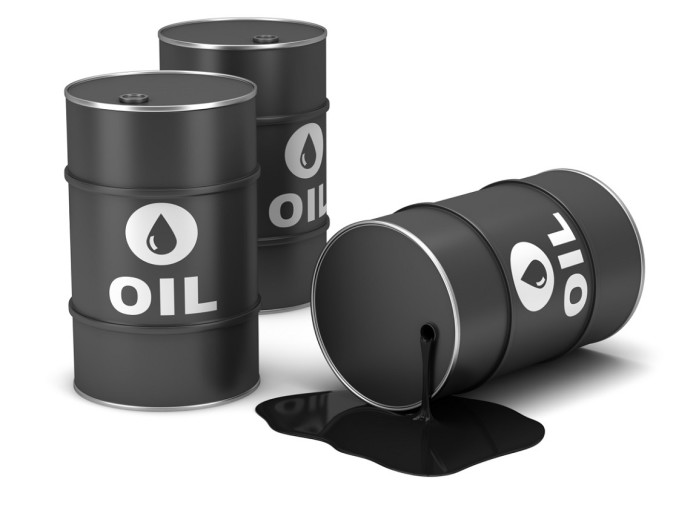
 OpeOluwani Akintayo 14 September 2017, Sweetcrude, Lagos – Nigeria’s Bonny Light which is among the Organisation of the Petroleum Exporting Countries, OPEC’s reference basket and selected crudes, appreciated in value, 6.2 percent in August.
OpeOluwani Akintayo 14 September 2017, Sweetcrude, Lagos – Nigeria’s Bonny Light which is among the Organisation of the Petroleum Exporting Countries, OPEC’s reference basket and selected crudes, appreciated in value, 6.2 percent in August.
According to OPEC’s Monthly Oil Market Report, MOMR for September released today, Bonny Light increased from $48.66 in July, to $51.69 in August.
The change represents $3.03 increase, resulting in 6.2 percent gain for the country.
Price of Bonny Light is Nigeria’s benchmark at the international market on which all other types of the country’s crude are measured.
Bonny Light oil is a grade with high American Petroleum Institute, API gravity (low specific gravity) produced in the Niger Delta basin and named after the prolific region around the city of Bonny.
The very low sulfur content of Bonny Light crude makes it a highly desired grade for its low corrosiveness to refinery infrastructure and the lower environment impact of its byproducts in refinery effluent.
Other grades of Nigerian crude oil are Qua Iboe, Brass crude oil, and Forcardos.
The Bonny Light is in high demand specifically by American and European refineries. It is therefore a major source of income for the oil-rich nation.
Data also showed that Nigeria’s production increased within July and August.
OPEC’s figures showed that the country churned out a total of 1,723 million barrels per day In July, rising to 1,861mb/d in August.
The increase amounts to 138.3 thousand barrels per day.
In July, Nigeria exported 2.06mb/d, while exports for August was 2.02 mb/d, along with an additional 97,000, totaling 2. 99mb/d, figures from both the Nigerian Nigerian Petroleum Corporation, NNPC, and exports loading data from Reuters.
The OPEC Reference Basket value rose m-o-m by $2.67 to settle at $49.60/b on average in August, up 5.7%. Compared with the previous year, the ORB value was 30.9% higher or $11.74, at $49.73/b, according to the group.
Brent price as at July was $1.84, increasing to $3.63 in August.
However, Nigeria sells its oil at +$2.50 above that of Brent and not at OPEC’s reference basket rate.
Invariably, assuming Nigeria’s had daily buyers for its crudes, it then meant it sold at $4.34 per barrel in June. And with its production of 2. 06mb/d in July, the country would have earned over $8.9million daily from its crude export, totaling $276million for July.
For August, if the country had exported 2.99mb/d at $6.13 per barrel, it means Nigeria earned over $18m per day, totaling $558m for the month.
After five quarters of recession, the economy of Nigeria registered 0.6% y-o-y growth in 2Q17, from a contraction of 0.5% y-o-y in the previous quarter, according to the National Bureau of Statistics.
Inflation is on an easing trend since the beginning of the year, posting 16.1% y-o-y in July vs 18.7% in January.
The naira was largely stable after depreciating by 50% in June–August 2016.
It appreciated slightly by 0.1% m-o-m in August.
In another positive note, the country’s private sector registered its fastest pace of growth in 26 months in August as suggested by the Stanbic IBTC Bank Nigeria PMI.
The index jumped to 55.0 in August, from 54.8 in July and 52.9 in June because of the fast pace of expansion in both output and new orders.
Despite the pace of acceleration in new business somewhat eased last month, growth achieved could still be deemed as strong, NBS said.
The survey also suggested a contraction in new export orders for the second consecutive month in August and most of the demand came from the domestic market.



